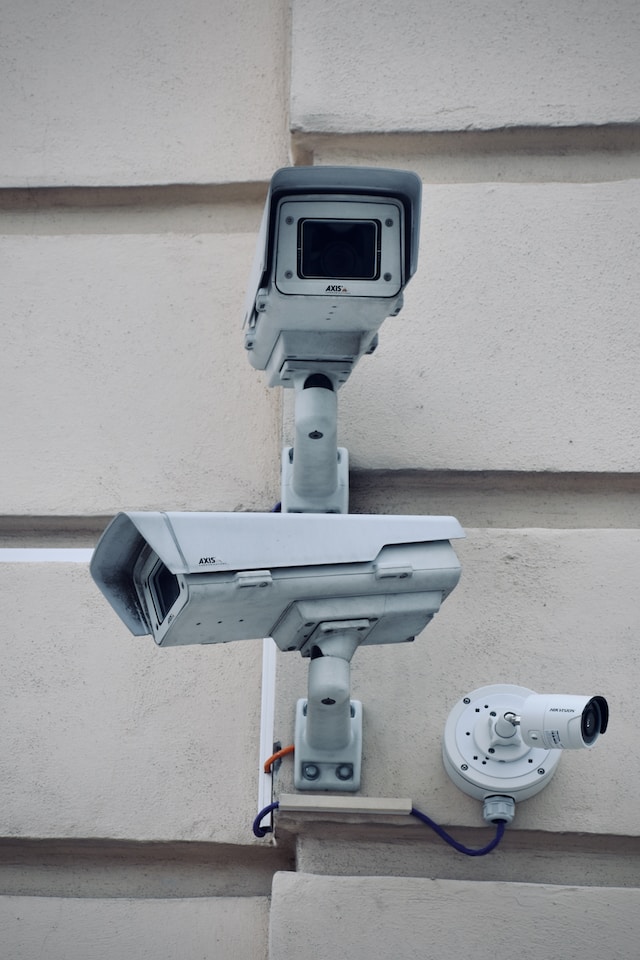We rely heavily on the internet to perform various tasks, from browsing to sending emails and streaming movies. However, sometimes we encounter the frustrating problem of not being able to connect to a specific website or server. This can happen for several reasons, some of which are easy to fix, while others require more troubleshooting. In this article, we'll explore the common causes of this issue and the possible solutions to help you get back online.
Network issues
The first thing to check when you can't connect to a website or server is your network connection. This includes your modem, router, and all the cables connecting them. Ensure that your modem is properly connected to your internet service provider, and your router is properly configured. You can do this by resetting your router, checking the internet settings, and updating the firmware. If you're using a wireless connection, ensure that you're within range of your router and that your device is connected to the right network. You can also try disconnecting and reconnecting your device to the network to see if that fixes the issue.
DNS issues
DNS or Domain Name System is a service that translates website names into IP addresses that your computer can understand. When you type in a website name, your computer sends a request to a DNS server to get the IP address of the website. If the DNS server is down, or if there's a problem with the settings on your computer, you won't be able to connect to the website. To fix this, you can try changing your DNS settings or using a different DNS server. You can also try clearing your browser's cache and cookies.
Firewall settings
A firewall is a security feature that blocks unauthorized access to your computer. Sometimes, your firewall settings can prevent your computer from connecting to certain websites or servers. To fix this, you can try disabling your firewall temporarily and see if that allows you to connect to the website. If that works, you can try adding the website or server to the list of trusted sites in your firewall settings.
Antivirus software
Antivirus software is another security feature that can block certain websites or servers. Some antivirus programs may flag a website as dangerous, even if it's perfectly safe. You can try disabling your antivirus software temporarily and see if that fixes the issue. If it does, you can try adding the website to your antivirus software's whitelist.
Browser issues
Sometimes, the problem isn't with your computer or network, but with your browser. Your browser may have outdated plugins or extensions that are preventing you from connecting to the website. To fix this, you can try updating your browser, disabling plugins and extensions, or using a different browser altogether.
Server issues
Finally, the problem could be with the website or server itself. The website may be down for maintenance or experiencing technical difficulties. In this case, there's nothing you can do but wait for the website to come back online. You can check if the website is
When you can't connect to a specific website or server, there are several possible causes, including network issues, DNS issues, firewall settings, antivirus software, browser issues, and server issues. By checking each of these possible causes, you can narrow down the problem and find a solution that works for you. If all else fails, you can always contact your internet service provider or the website's technical support team for assistance.
As a business owner or manager in the West Palm Beach region, you can count on us for exceptional IT support and cybersecurity solutions. Call or email us to learn more.



